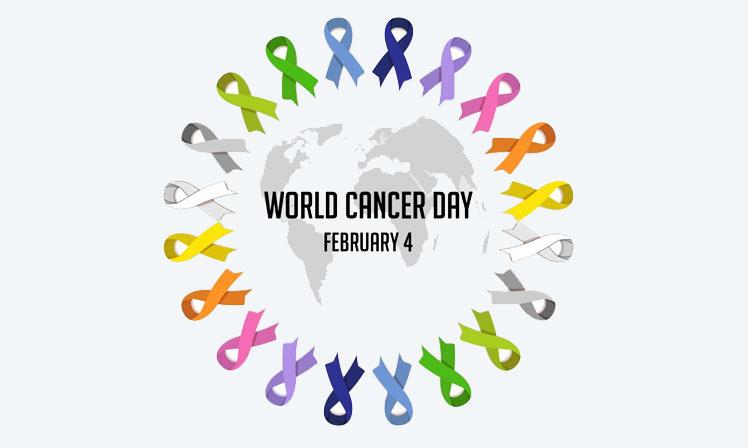
On World Cancer Day, let's take some time out to focus on brain tumors, deadly cancer, and its symptoms and treatment.
How common are brain tumors?
Brain tumors are a common cause of morbidity and mortality due to cancer and constitute about 2% of all cancers. As per GLOBOCAN 2018 data, 28142 new cases of cancer of the brain and central nervous system (CNS) are diagnosed every year in India. They negatively impact the quality of life of the patient and the entire family.
Are they benign or malignant?
Brain tumor can arise in the brain itself (primary) or develop in some other body part and then spread to the brain (metastatic). Primary brain tumors can arise from the brain cells, layers covering the brain (meninges), the cranial nerves or the glands within the brain. They can be benign (non-cancerous) or malignant (cancerous). Benign tumors are often localized, slow-growing can be surgically removed and rarely grow back. Malignant tumors, however, grow rapidly, spread to other body parts and can be life-threatening.
Who does it affect?
The exact cause of brain tumors is not known. While most patients with brain tumor have no identifiable risk factor, certain factors are associated with an increased risk.
These include:
• Age- The incidence of brain tumors as all other cancers increases with increasing age
• Radiation- This is a confirmed risk factor. If a person has been exposed to ionizing radiation to head either as part of cancer treatment, especially as a child, he is at an increased risk of developing brain tumors
• Family history- A small proportion of brain tumor patients have a family history of brain tumors or other genetic syndromes (Neurofibromatosis, Li-Fraumeni syndrome, Tuberous sclerosis, etc.) that increase their propensity to develop a brain tumor
• Various other risk factors have also been implicated such as mobile phone radiation, hormonal factors, low-frequency magnetic fields, pesticides, and industrial exposures
What are the warning signs?
The symptoms of a brain tumor depend on the location, rate of growth and size of the tumor. The warning signs include:
• Headache is the most common symptom of brain tumor with almost half of all patients complaining about it. It is often persistent, worse in the mornings, accompanied by vomiting or some other neurological feature, and gets aggravated by coughing or exercising
• Another common symptom of a brain tumor is seizures or fits in a part of the body. The onset of any new seizure in adults must be medically evaluated
• Some symptoms are specific to a particular part of the brain affected by the tumor. For example, problem-related to vision, speech, memory, balance or smell is indicative of a lesion in different areas in the brain
Other symptoms experienced include:
o Mood swings
o Clumsiness
o Confusion
o Memory loss
o Inability to concentrate and focus
o Inability to multitask
o Dizziness
o Drowsiness or loss of consciousness
o Numbness of some body part
o The weakness of a body part
o Speech difficulty
o Imbalance and difficulty in walking
o Vision problems such as blurred vision, double vision or loss of peripheral vision
o Hearing problems
o Incontinence
What are the treatment options?
Treatment of brain tumors involves a multidisciplinary approach involving a neurosurgeon, radiation oncologist and a medical oncologist. The factors influencing treatment choice are the type, size and location of tumor. Medical treatment consists of treatment with chemotherapy, targeted therapies and immunotherapy including dendritic cell therapy. Surgery and radiotherapy form the standard of care for a majority of patients.
Thus, it is important to be aware of the warning symptoms of brain tumors. One must seek immediate medical advice and undergo relevant screenings for timely and effective treatment.
Leave a comment: (Your email will not be published)